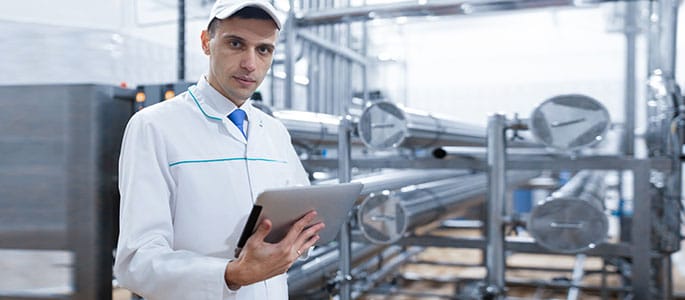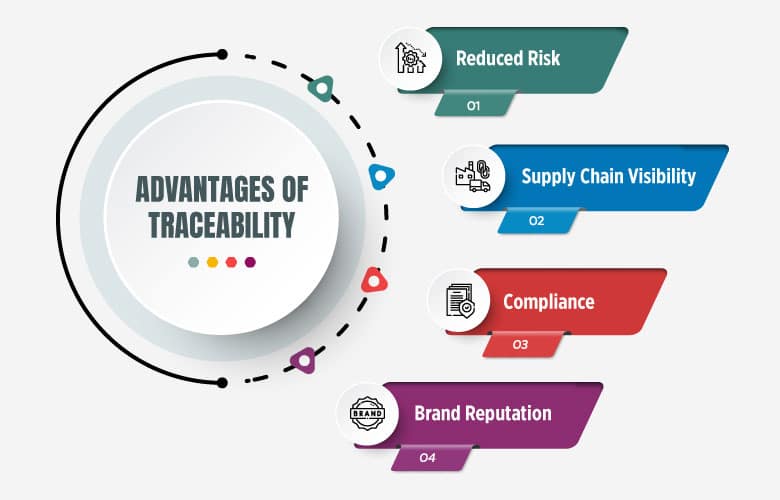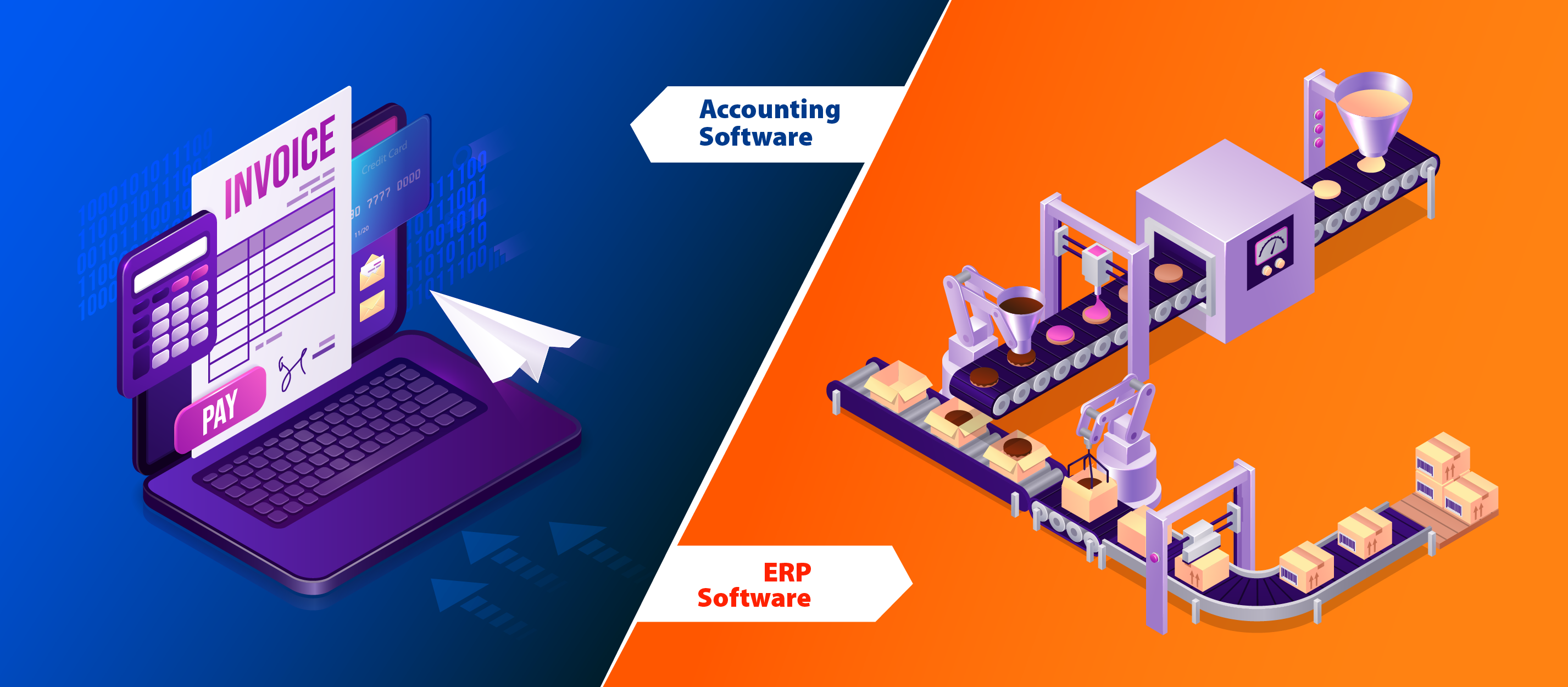
Food is a primary need for survival & therefore, it makes up for more than 10% of all economic output in the world. It explicitly means that food production and processing is the largest industry on Earth.
Although the entire industry is unified under the same umbrella, the product diversity is astounding. From fresh produce, canned goods, meat products and beverages to frozen food and long shelf life products, the food & beverage (F&B) industry serves almost everybody around the globe.
83% of all the food consumed by humans is sourced from terrestrial agriculture. The food supply chain across the world is a complex network of farming establishments and industrial manufacturing units.
The trail starts from local farms and goes through the steps of production, packaging & distribution to reach retail and catering.
A vast global cargo network is needed to connect the supplier, manufacturers, warehouses & retailers to the end customer.
Bigger industry, bigger challenges…
Informed customers demand better food quality, higher levels of service and more value for money. With products travelling far and wide across the globe, traceability has become essential for product quality and food safety.
It is estimated that 600 million people suffer from foodborne diseases globally every year. Additionally, food fraud costs the F&B industry more than 50 billion every year.
End-to-end traceability can save food manufacturers from adulteration, misrepresentation, substitution and identity theft.
Whenever we talk of traceability, it has to be understood as bi-directional. Right from raw material procurement all the way to product sales, records need to be maintained about the movement of materials along the supply chain.
This helps in avoiding and minimizing the risk events of defective finished goods. On the other hand, backward traceability helps in handling recalls of already shipped products.
Accurate identification of everything backward from finished good to process cell & inventory information regarding the problematic lot saves the company from the cost and trouble of recalling the entire production output.
Existing government regulations and cGMP norms require manufacturers to set up traceability infrastructure to record every step of the food’s movement through the supply chain.
It involves documenting and linking the production, processing and distributions channels.
In case of contamination, traceability enables the manufacturer to locate the product at any stage of the production process. Tracing food also helps companies manage emergency recalls, reduce liability and retain brand value.
Advantages of ERP for traceability…

Different members of the food supply chain have different goals from the application of traceability. Governments aim at reducing incidents of food fraud, adulteration, disease outbreak and environmental concerns.
Businesses look to lower risk and eliminate recalls and wastage. The distribution network tries to ensure increased productivity plus transparency and cash flow improvements.
And finally, the retailers want to ensure access to the right market and strengthening of brand confidence.
Recently, Australia happened to experience a food safety issue with strawberries.
The suspected contamination of strawberries with unsterilized needles highlighted the need for traceability right from farm all the way to fork.
The absence of an ERP enabled traceability infrastructure made it difficult for manufacturers to locate and recall the affected stock. Such instances invoke the need for more rigorous, frequent and thorough data collection.
ERP for food traceability can help businesses by automating the collection of vital information at every step.

The applications of latest technologies like barcodes, RFIDs and infrared tracking can speed up traceability and make it more accurate. Specifically, the advantages of ERP enabled traceability are as follows:
- Reduced Risk – A quality control issue can force manufacturers to waste a lot of time, effort and material. With technology enabled traceability, the problematic lot can be identified specifically and rectified immediately. In the event of a product recall, traceability can save the organization from the risks of litigation, losses and damaged brand image. It also reduces the possibility of public health risks. The detailed supply chain data furnished by ERP for food traceability can also help resolve disputes with suppliers and customers.
- Supply chain Visibility – Traceability in a multi-product setup requires storing and processing a lot of data. ERP can help companies convert all the traceability data into useful information, providing greater visibility into the supply chain. Numerous products being manufactured using so many resources make it difficult for manufacturers to keep track of material movement. Real-time visibility can help manufacturers take better decisions regarding vendors, inventories, process cells, packaging and the final product form.
- Compliance – With products travelling glocally, manufacturers need to keep a track of the compliance requirements for all the markets. With ERP enabled lot traceability, food manufacturers can segregate their products according to their intended market and streamline their production process according to the respective compliance requirements. With the confidence of such a detail-oriented traceability infrastructure, manufacturers can even enter the most demanding international markets with ease.
- Brand Reputation – with increased nutritional awareness, customers want to know where their products come from. Therefore, transparency about sources and nutritional values is a must. Information about ethical sourcing of material also adds to customer satisfaction. ERP for food traceability can help organizations label products accurately and feed the correct information to your customers, immediately, as and when they ask for it.
Having traceability embedded in your ERP solution can help in complete track-and-trace functionality throughout the supply chain. BatchMaster ERP for food gives manufacturers end-to-end traceability with support for barcode and RFID.
If you want to make your product completely traceable, schedule a demo with the experts at BatchMaster.




















